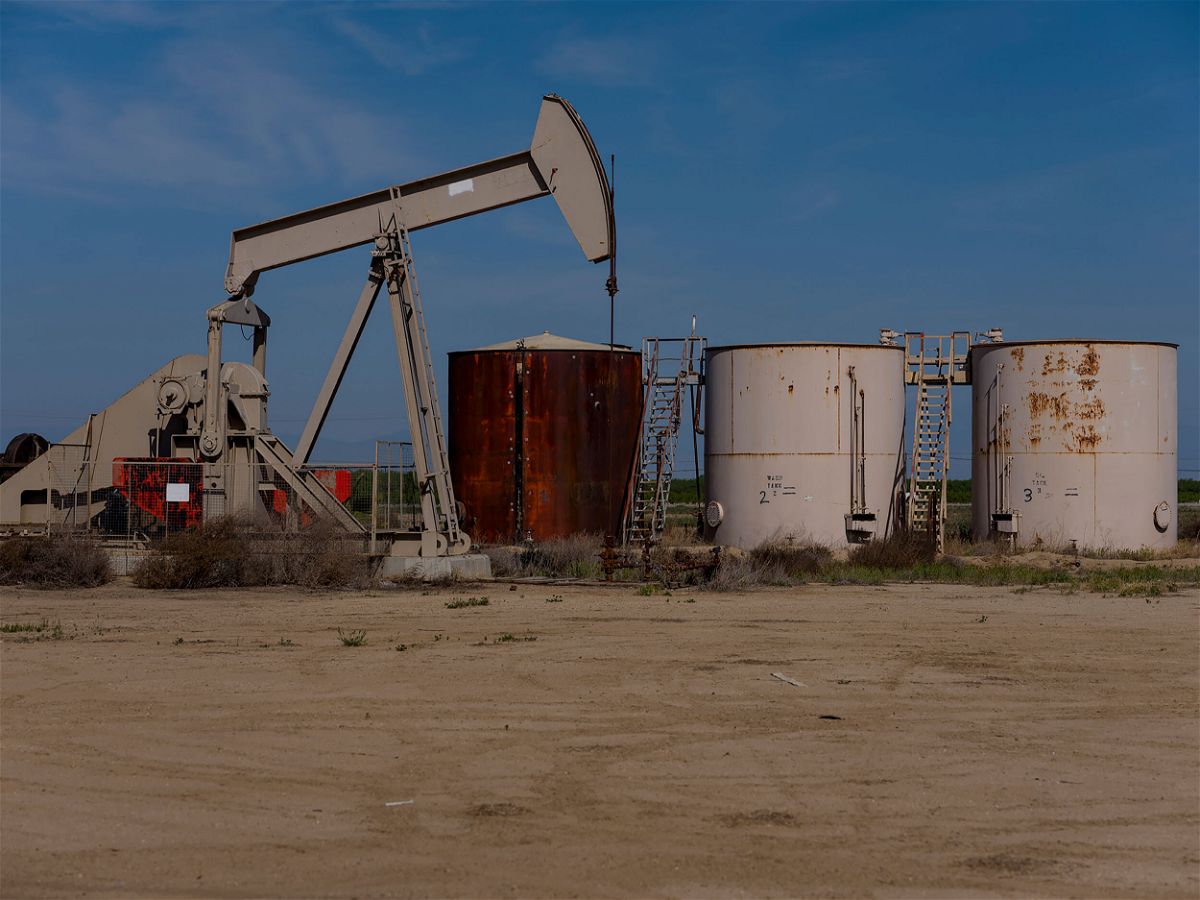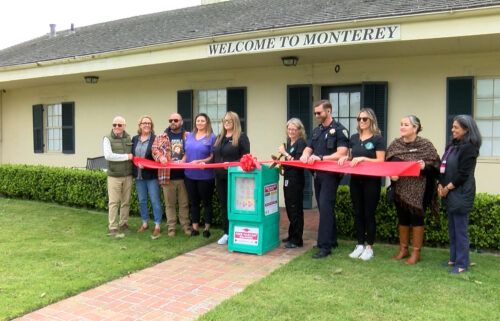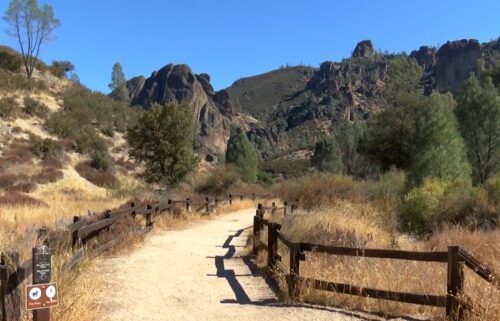Interior Department announces $33M to clean up 277 methane-spewing wells on federal land. There are millions more

Officials from the Interior Department and the White House announced they will spend $33 million to clean up 277 idle oil and gas wells on federal lands in nine states.
By Ella Nilsen, CNN
Officials from the Interior Department and the White House announced Wednesday they will spend $33 million to clean up 277 idle oil and gas wells on federal lands in nine states.
Wednesday’s funding allocation will go to clean up so-called orphaned wells in national forests and national parks in California, Kentucky, Louisiana, Ohio, Oklahoma, Pennsylvania, Texas, Utah and West Virginia.
The funding comes from the bipartisan infrastructure law, which included $4.7 billion to clean up orphaned wells across the country. Over $1 billion of that funding has already been released to states to help them tackle orphan well clean-up. States have identified over 130,000 orphan wells around the country and estimated it will take around $8 billion to clean those wells up, said Laura Daniel-Davis, Interior’s principal deputy assistant secretary for land and mineral management.
“These are environmental hazards that jeopardize public health and safety by contaminating groundwater and emitting noxious gases like methane,” Interior Secretary Deb Haaland said Wednesday.
Methane is a powerful greenhouse gas, and scientists have said it should be prioritized in efforts to address the climate crisis. It is also highly flammable (it’s the main component of the gas that’s used to power stoves, ovens and furnaces), and high concentrations of it can displace the oxygen in the air and lead to blurred vision, nausea, vomiting and headache, among other health issues.
The US Environmental Protection Agency estimates there are around 3 million idle or unproductive oil and gas wells around the nation, and orphaned wells are a subset of that number. Oil and gas companies are responsible for cleaning up wells that reach the end of their productive life, but when companies go bankrupt and “orphan” their wells, the cleanup is left to federal and state governments.
Daniel-Davis estimated there are about 15,000 orphaned wells on federal land; Wednesday’s funding allocation is meant to be the first round of $250 million to help clean up those wells.
Now that funding is being released, she said officials expect agencies will immediately begin the process of cleaning up and capping the wells. Four federal bureaus receiving this funding will measure emissions of methane coming from the wells — a super pollutant that is 80 times more potent than carbon dioxide.
The program will require federal contractors to measure methane emissions both when they start and end the remediation process, to measure how effective well capping is.
The cost of fossil fuel cleanup
Cleaning up abandoned wells is a big, costly project.
Daniel Raimi, a fellow at Resources for the Future, a nonprofit research group focused on energy and environment issues, said that the average cost to clean up a single well is $75,000, but can range widely from $10,000 to over $1 million, depending on the age and depth of the well.
“$4.7 billion should get you [capping] somewhere around 60,000 oil and gas wells,” Raimi said. “That’s a good start, but it’s just a start.”
And Raimi said that even though state and federal officials have identified where some orphaned wells are, that number is likely an undercount. There could be a million orphaned wells around the nation, he added.
“We think we know where they are roughly around diff parts of the country, but we don’t have GPS coordinates for them or any other way to confidently identify where they are,” he said.
Raimi said the federal government helping states clean up oil and gas wells is a “positive step but it’s a very small step.” He noted that the bipartisan law was written to tie financial incentives to states reforming oil and gas laws to compel companies to clean up the mess.
“From a policy perspective, the most important thing is reforming state laws so that companies have to clean up their wells at the end of their useful lives,” he added. “In the long run, we don’t want all of these costs to fall on taxpayers. We want these costs to be borne by the companies to run the wells.”
The-CNN-Wire
™ & © 2022 Cable News Network, Inc., a WarnerMedia Company. All rights reserved.



